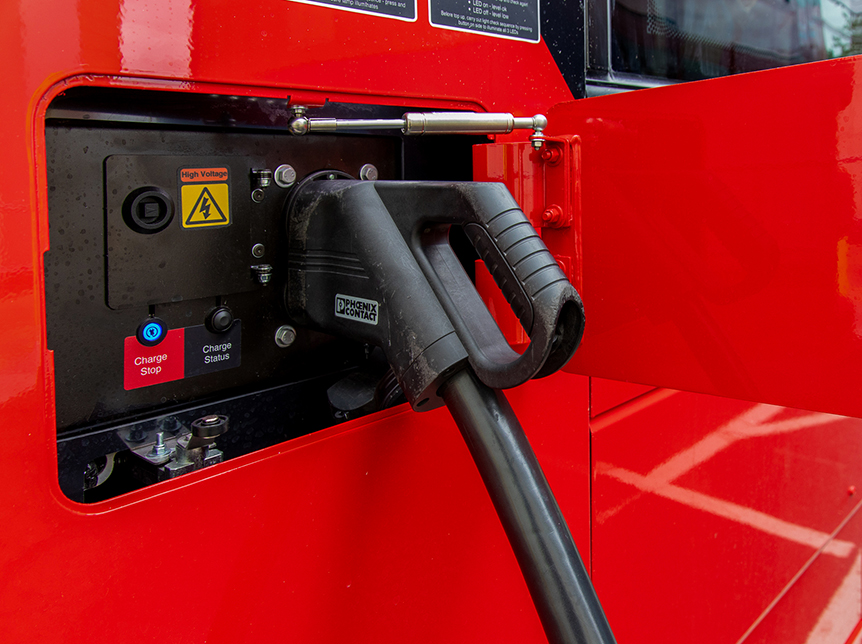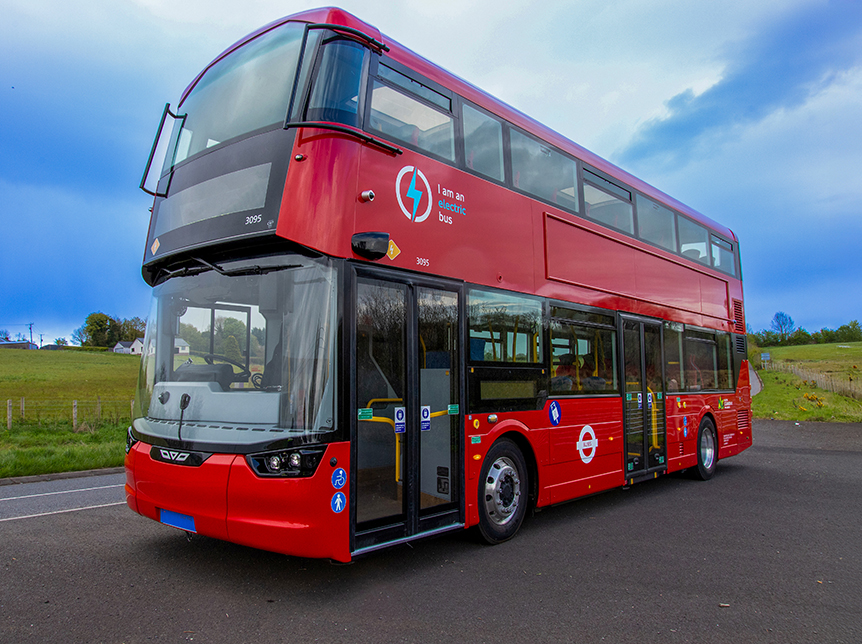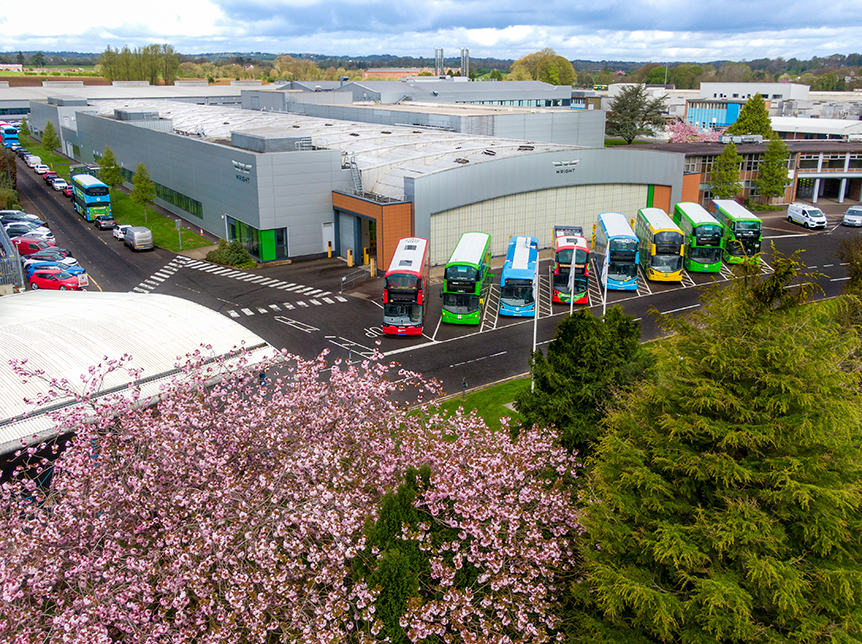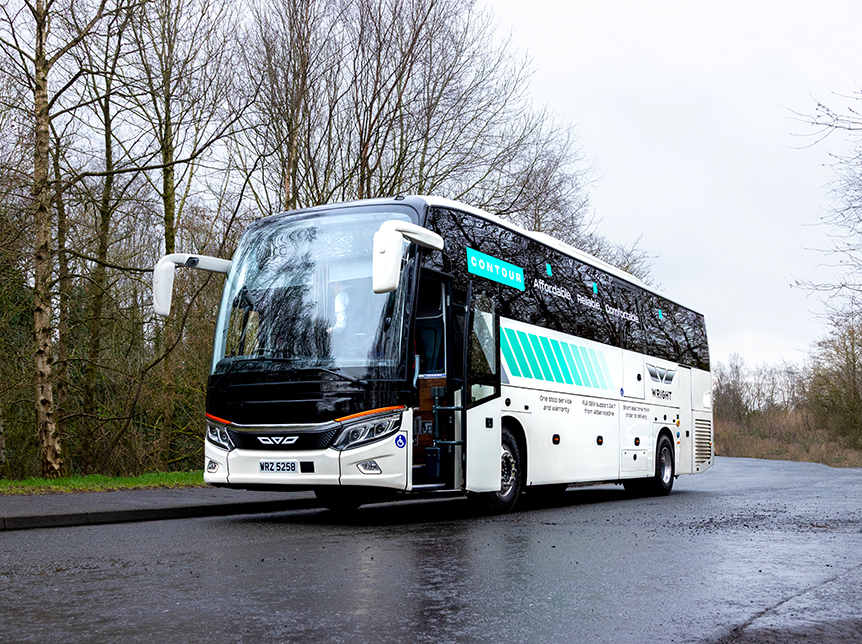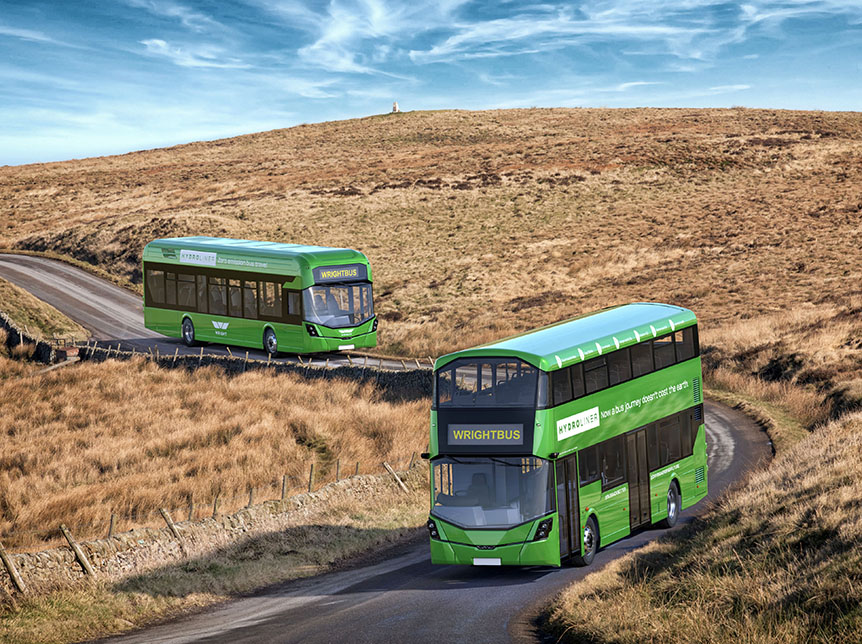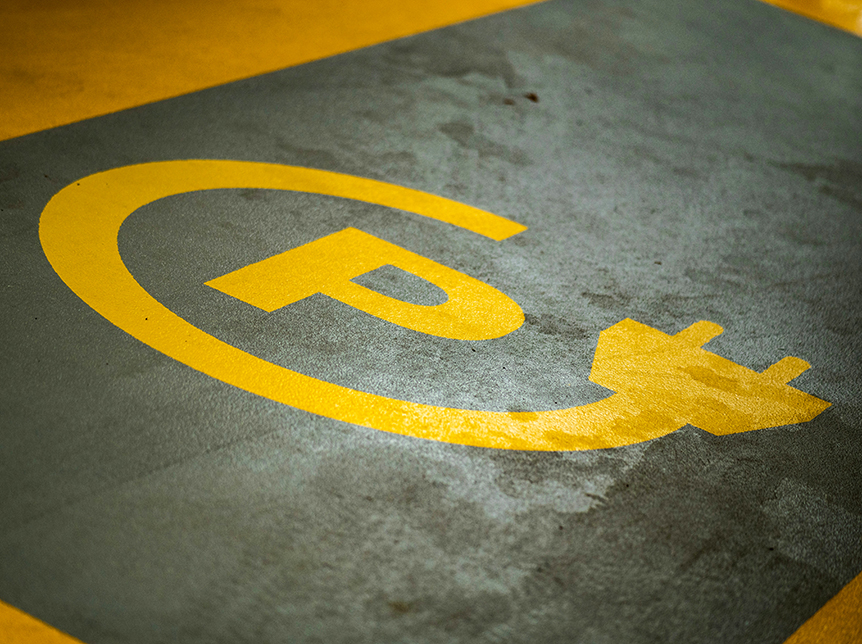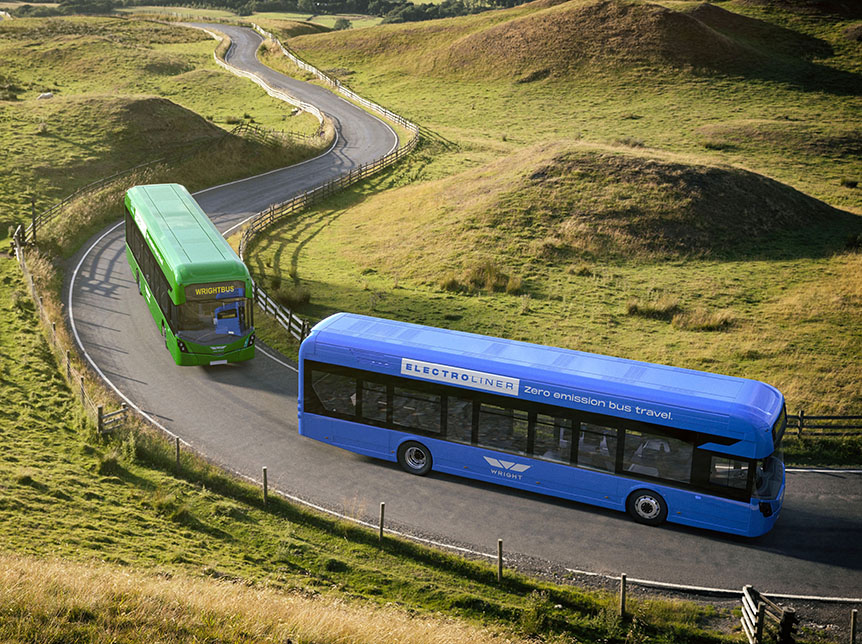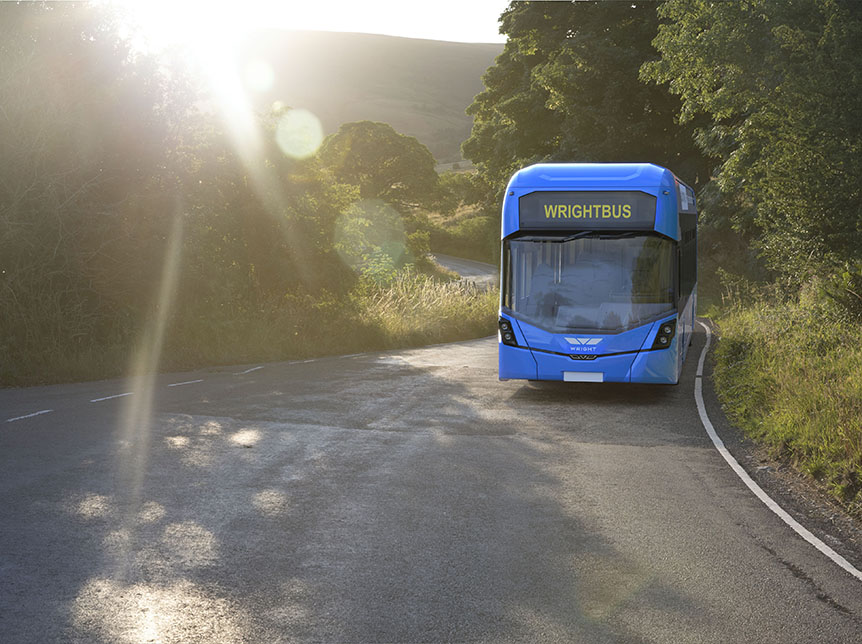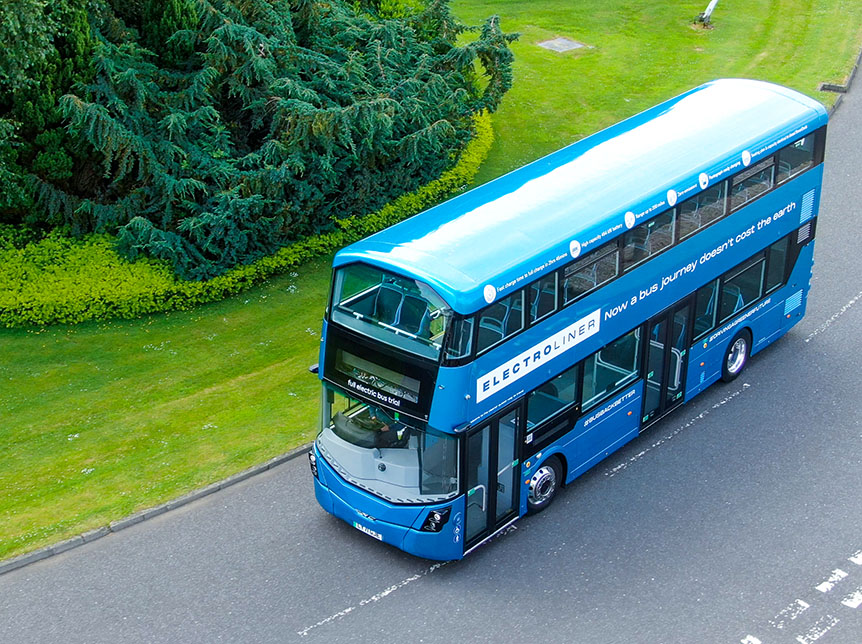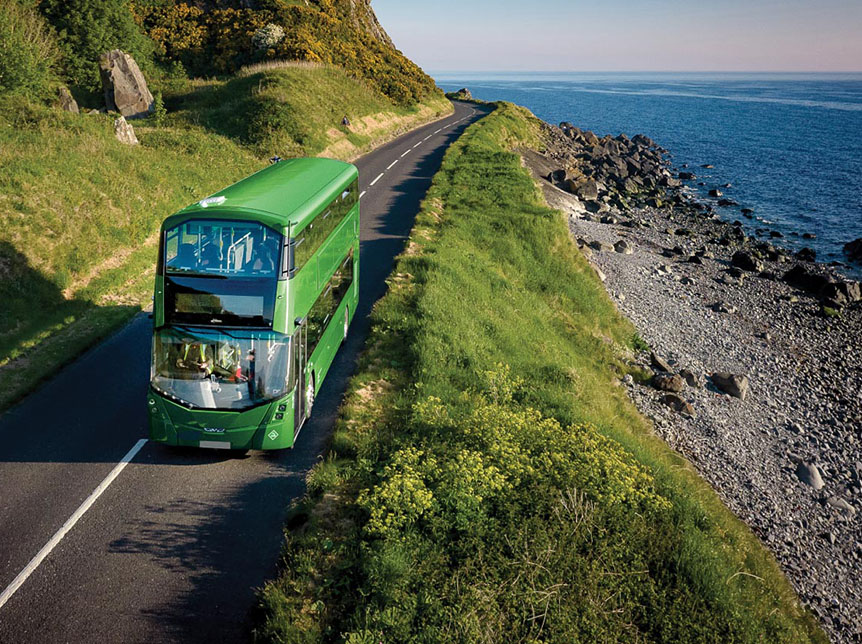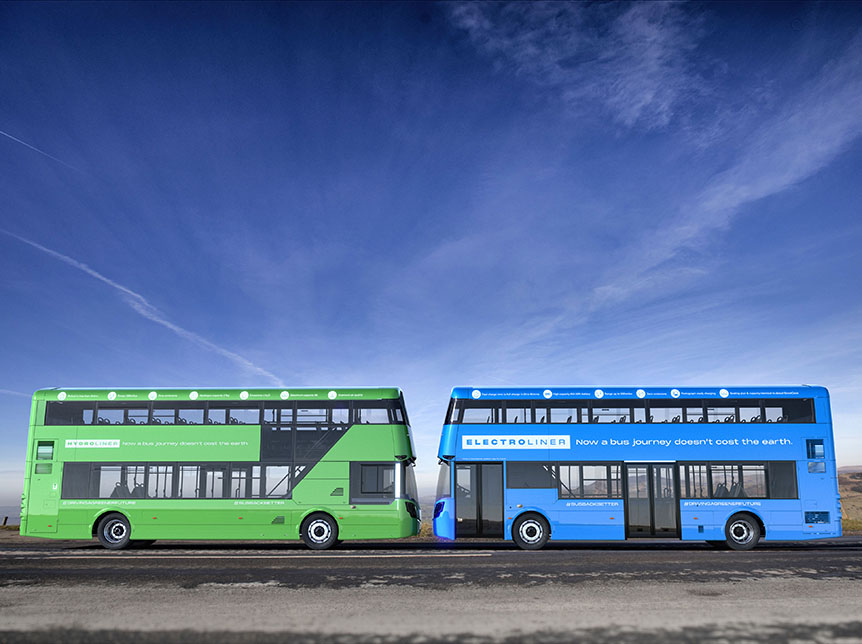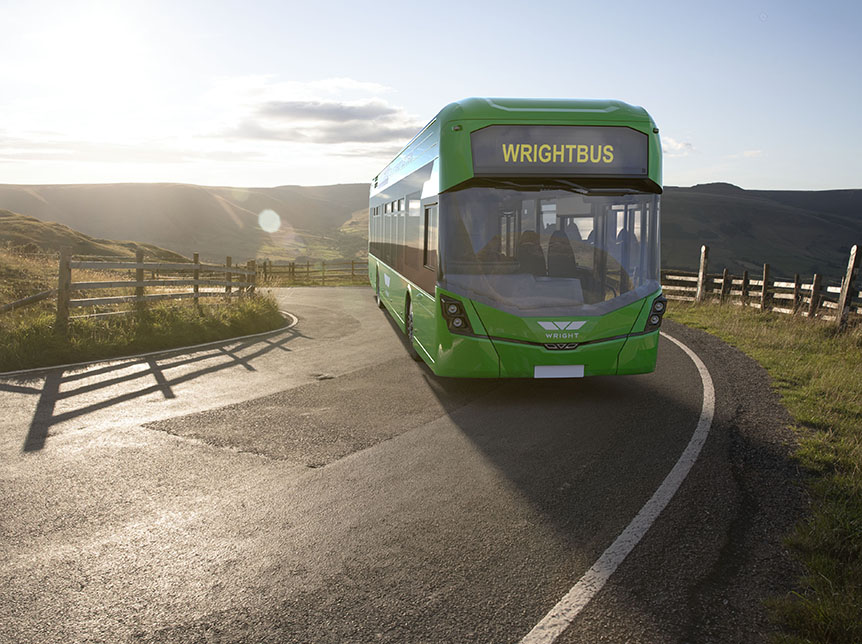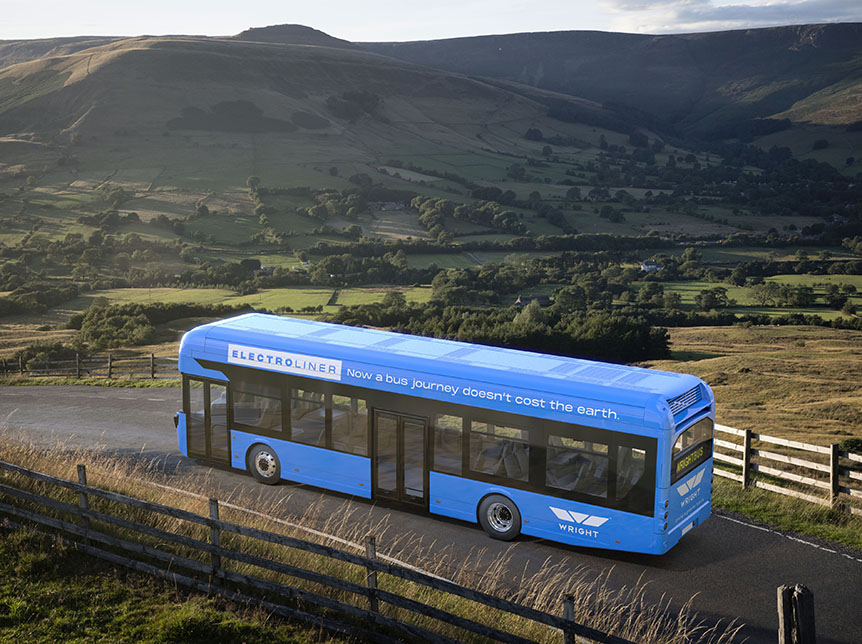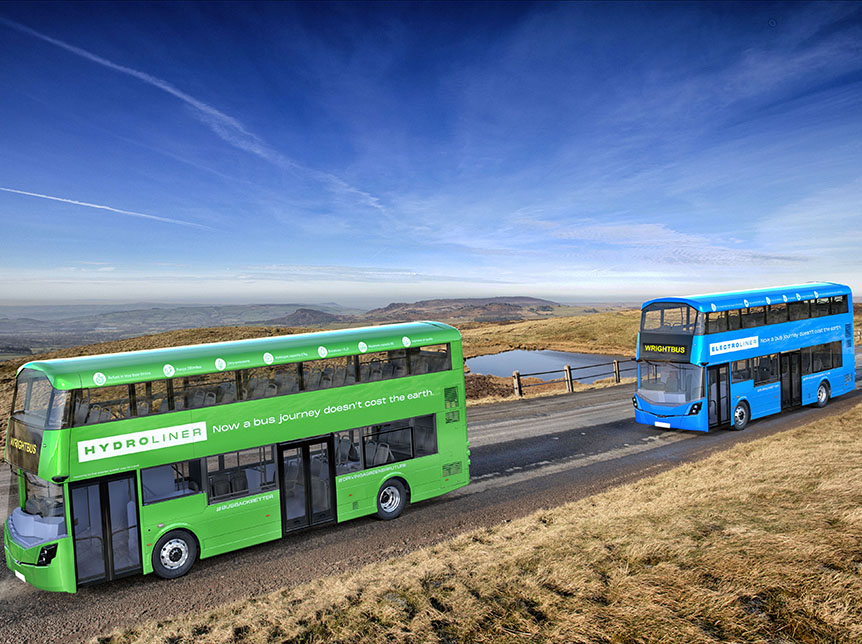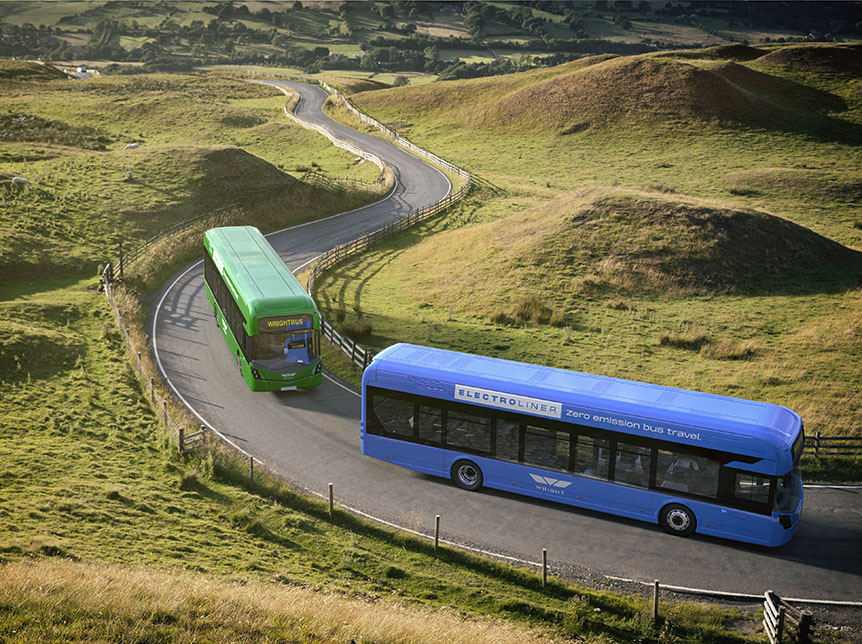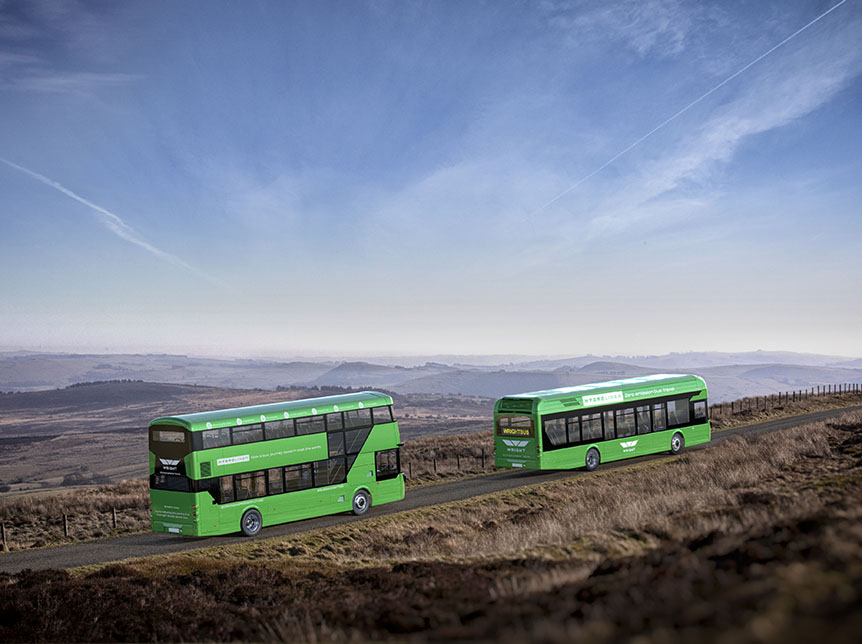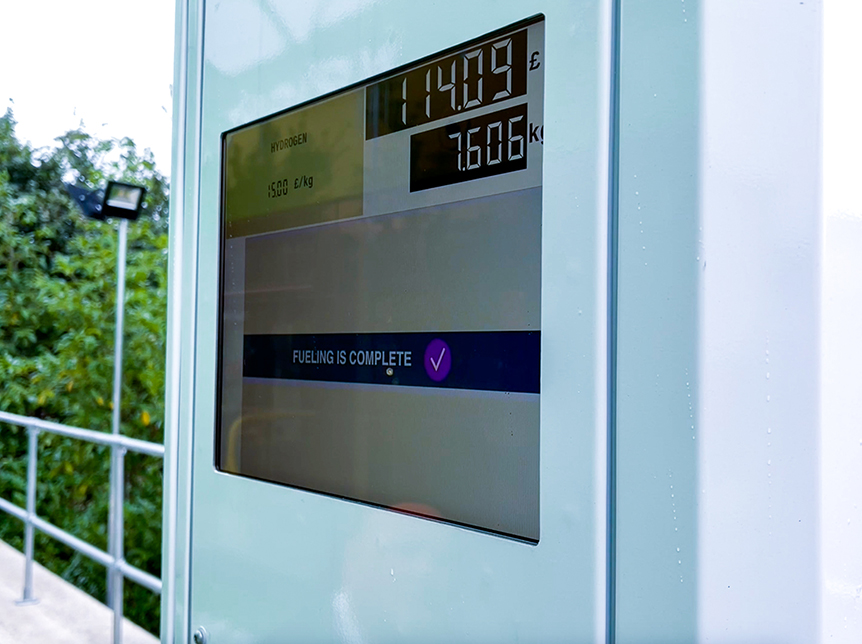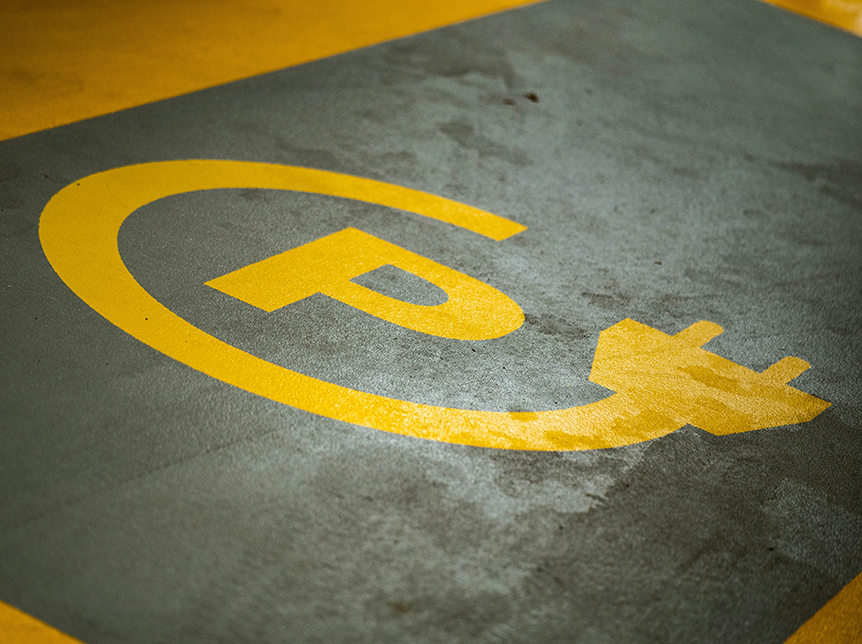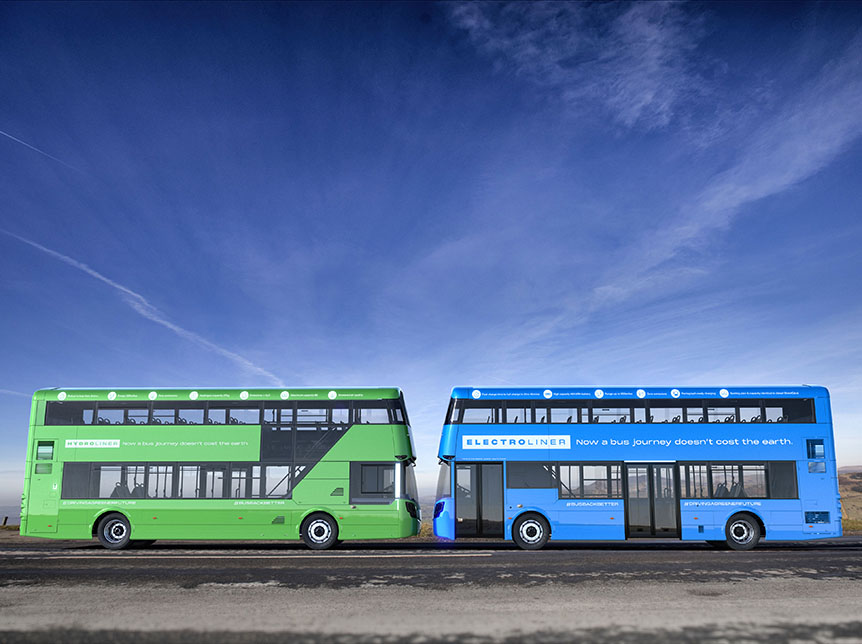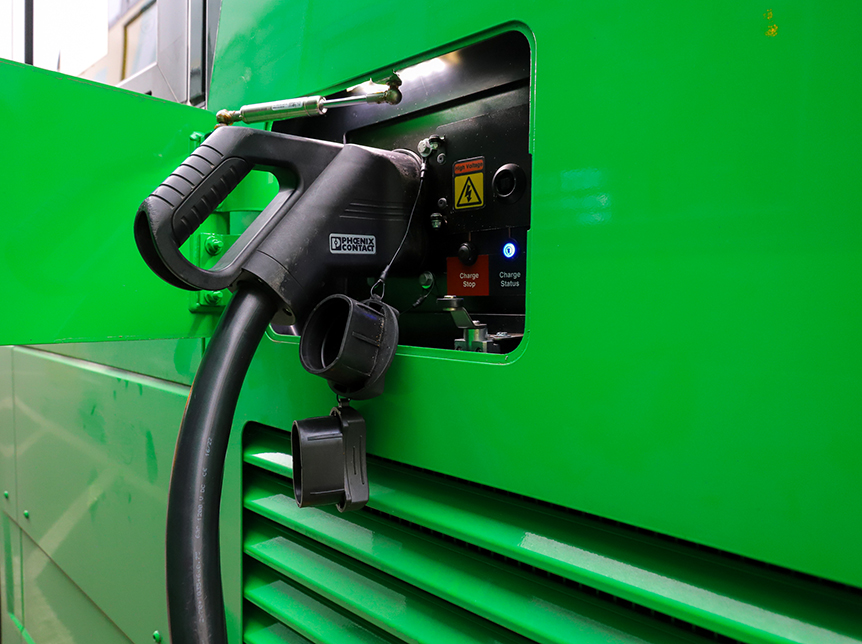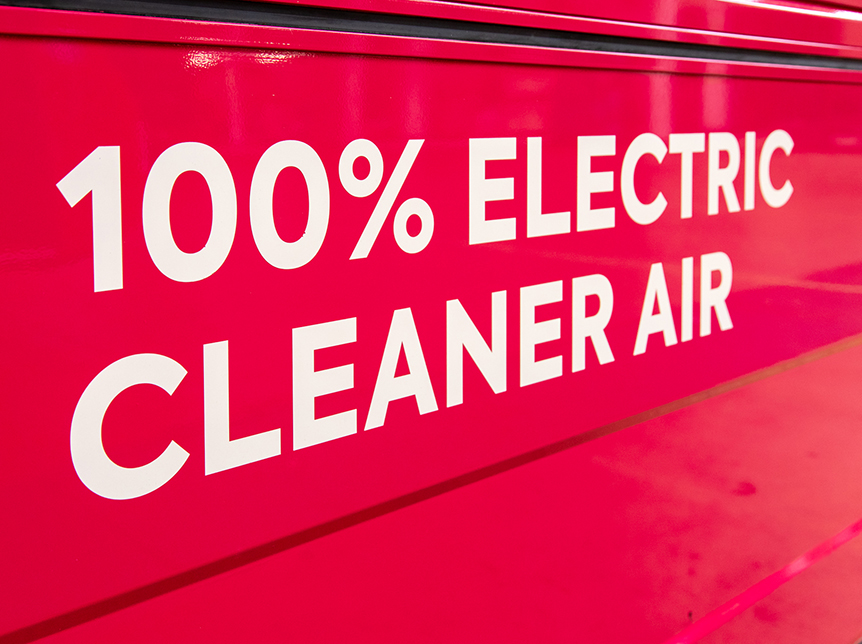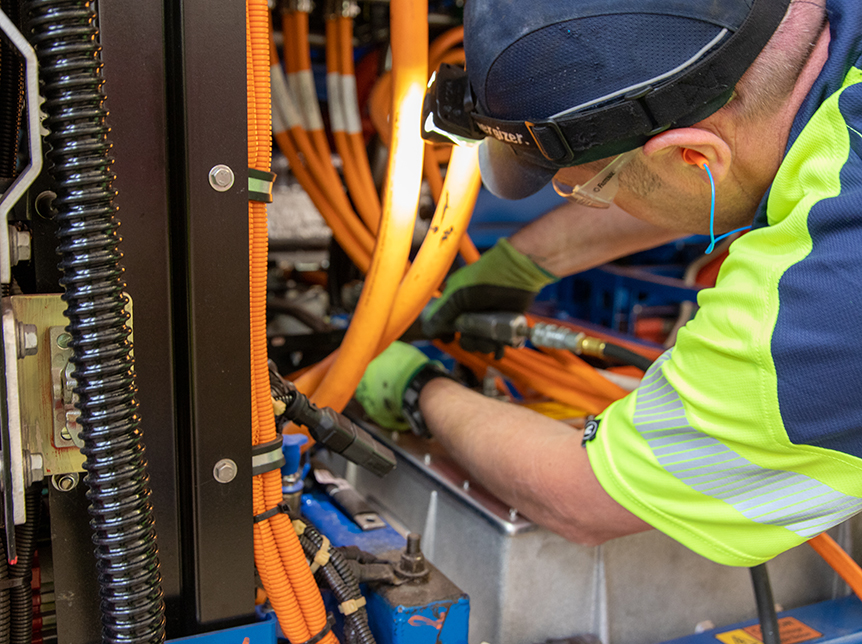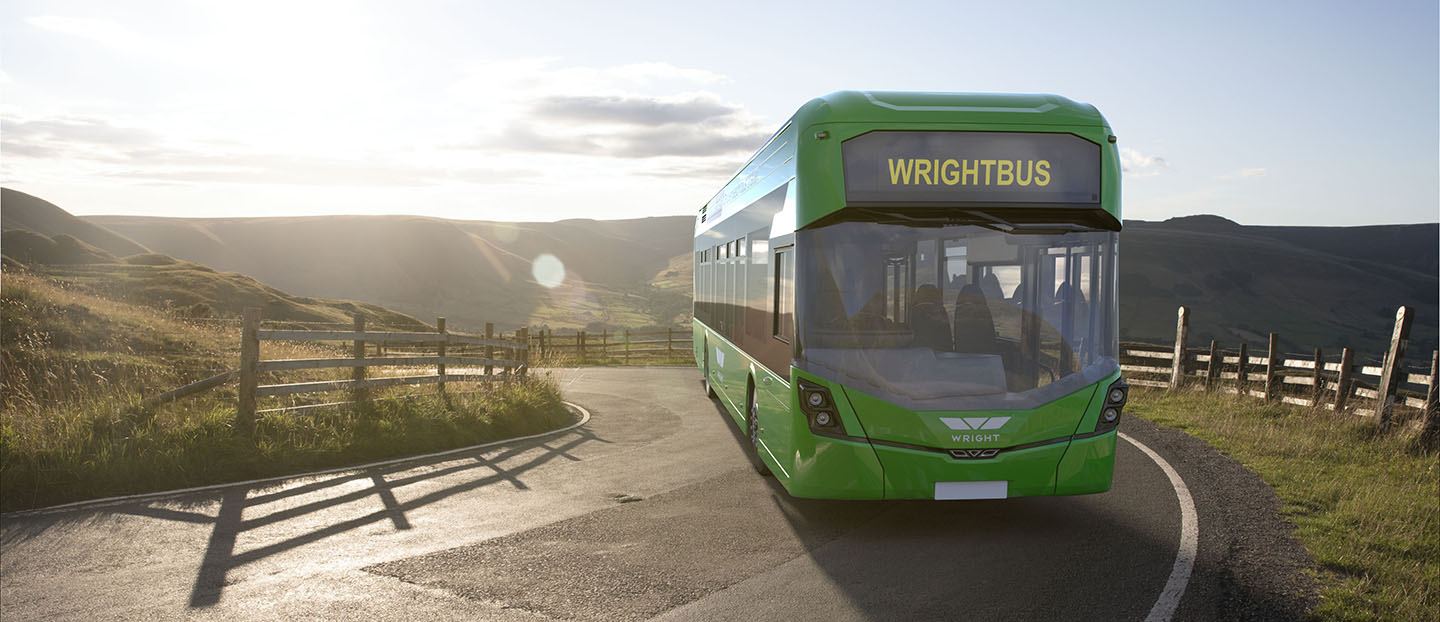
The Rise of Electric Vehicles
Electric vehicles (EVs) are rapidly transforming the automotive industry. As concerns about climate change and air quality grow, electric vehicles offer a sustainable alternative to traditional gasoline-powered cars. By running on electricity, EVs produce zero tailpipe emissions, helping to reduce pollution and reliance on fossil fuels.
Benefits of Electric Vehicles
Electric vehicles come with a host of advantages that make them an appealing choice for consumers and policymakers alike:
- Environmental Impact: Electric vehicles produce no exhaust emissions, significantly reducing air pollution and greenhouse gas emissions.
- Energy Efficiency: EVs are more efficient than internal combustion engine vehicles, converting a higher percentage of energy from the grid to power at the wheels.
- Lower Operating Costs: With fewer moving parts and no need for oil changes, electric vehicles often have lower maintenance and operating costs.
- Quiet Operation: Electric vehicles operate much more quietly than conventional vehicles, contributing to a reduction in noise pollution.
Introducing Fuel Cell Buses
Fuel cell buses represent a cutting-edge technology in the realm of public transportation. These buses are powered by hydrogen fuel cells, which generate electricity through a chemical reaction between hydrogen and oxygen, producing only water vapor as a byproduct. This makes fuel cell buses an exceptionally clean and sustainable option for mass transit.
Advantages of Fuel Cell Buses
Fuel cell buses offer several key benefits, making them a promising solution for urban transportation:
- Zero Emissions: Like electric vehicles, fuel cell buses produce no harmful emissions, only water vapor, which helps improve air quality.
- High Efficiency: Fuel cells are highly efficient at converting hydrogen to electricity, resulting in better fuel economy compared to traditional diesel buses.
- Rapid Refueling: Fuel cell buses can be refueled quickly, similar to conventional buses, allowing for minimal downtime and increased operational efficiency.
- Long Range: With a longer range between refueling compared to battery-electric buses, fuel cell buses are ideal for long routes and continuous operation.
The Synergy Between Electric Vehicles and Fuel Cell Buses
Both electric vehicles and fuel cell buses play crucial roles in the transition to cleaner transportation. While electric vehicles are ideal for personal and short-range travel, fuel cell buses are well-suited for public transport and longer routes. Together, they represent a comprehensive approach to reducing emissions and building a sustainable future.
The Future of Transportation
The integration of electric vehicles and fuel cell buses marks a significant milestone in the quest for sustainable transport solutions. Cities and countries worldwide are investing in these technologies to reduce their carbon footprint and improve urban air quality. As infrastructure for both electric vehicles and fuel cell buses continues to expand, the adoption of these green technologies will accelerate, leading to a cleaner, healthier planet.
Conclusion
Electric vehicles and fuel cell buses are at the forefront of the revolution in clean transportation. By embracing these innovations, we can significantly reduce our environmental impact, enhance energy efficiency, and pave the way for a sustainable future. Whether it’s the personal convenience of electric vehicles or the public utility of fuel cell buses, the journey towards a greener world is well underway.
Read more
Single Decker Electric Buses: Paving the Way for Sustainable Public Transport
Read onThe Double Decker Electric Buses: Revolutionizing Urban Transportation
Read onElectric Buses and Hydrogen Vehicles: Driving the Future of Sustainable Transportation
Read onHybrid Buses: The Future of Sustainable Double Decker Transportation
Read onThe Future of Public Transit: Single Decker Buses and Hydrogen Fuel Cell Vehicles
Read onExploring the Future of Transportation: Battery Electric Vehicles and Double Decker Buses
Read onNavigating Urban Landscapes: The Versatility of Single Deck Buses and Double Deck Buses
Read onLondon's Bendy Bus Legacy and the Innovation of London Electric Vehicle Company
Read onPioneering Zero-Emission Transport: The Rise of Electric Bus Companies in the UK
Read onEmbracing Tomorrow's Roads: Zero-Emission vs. Battery Electric Vehicles
Read onThe Perfect Blend: Exploring Hybrid Electric Vehicles and the Role of Coach Builders
Read on
Get in touch
Wrightbus has been at the forefront of transport innovation since 1946, relentlessly pushing the boundaries with its commitment to quality, style and safety.
